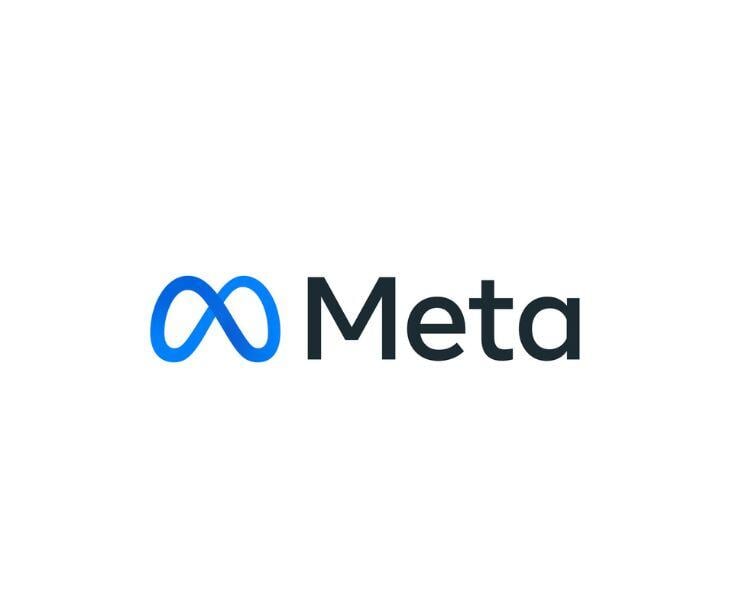2 min read
Meta, Zuckerberg settle $8 billion privacy trial with shareholders
Farah Amod
Aug 1, 2025 5:55:31 AM

An investor lawsuit accusing Meta leadership of enabling repeated user privacy violations has ended in a confidential settlement.
What happened
According to Reuters, Meta CEO Mark Zuckerberg and several current and former executives, including Marc Andreessen and Sheryl Sandberg, have agreed to settle a shareholder lawsuit seeking $8 billion in damages. The suit alleged that Meta’s leadership failed to prevent repeated privacy breaches that resulted in record fines and legal costs for the company. The trial was halted on its second day after the parties reached a last-minute settlement, the terms of which remain undisclosed.
The lawsuit targeted 11 Meta insiders but not the company itself. Shareholders claimed that these individuals, through negligence or inaction, allowed widespread user data misuse and should use personal funds to reimburse Meta.
Going deeper
The case focused on Meta’s response to the 2012 FTC agreement requiring Facebook to protect user data. Shareholders argued that leadership ignored compliance obligations, culminating in a $5 billion FTC fine in 2019 following the Cambridge Analytica revelations. Data from millions of users was improperly accessed by the now-defunct firm, which worked on Donald Trump’s 2016 presidential campaign.
Witnesses had begun testifying, including former board member Jeffrey Zients and an expert who noted “gaps and weaknesses” in Meta’s privacy practices. Notably, Zuckerberg and Sandberg were scheduled to testify in the following days. The trial was expected to continue through the end of the week.
The defendants denied wrongdoing and called the allegations “extreme claims.” Meta, which rebranded from Facebook in 2021, declined to comment on the settlement.
What was said
The judge overseeing the case, Kathaleen McCormick of the Delaware Court of Chancery, congratulated the parties on the settlement. Plaintiff lawyer Sam Closic noted the agreement came together quickly, while observers like Jason Kint of Digital Content Next expressed disappointment, calling the outcome “a missed opportunity for public accountability.”
Kint added, “Facebook has successfully remade the ‘Cambridge Analytica’ scandal about a few bad actors rather than an unraveling of its entire business model.”
The big picture
According to the BBC, law professor Ann Lipton from the University of Colorado said, “One thing that could have come out of a full trial is a full accounting of how Facebook came to adopt and approve any illegal practices.” She added, “It’s valuable for society to know how this happened and what went wrong, that they were breaking the law, if they were breaking the law… We won’t get that accounting now.”
FAQs
Why wasn’t Meta itself a defendant in the case?
Shareholders targeted individual directors and officers in a derivative lawsuit, seeking reimbursement to the company rather than penalties from it.
What is a derivative lawsuit in this context?
A derivative lawsuit allows shareholders to sue executives or board members on behalf of the company for actions that allegedly harmed the company’s value.
Why was the FTC involved in this matter originally?
The FTC fined Facebook $5 billion in 2019 for violating a 2012 consent decree requiring it to protect user privacy after the Cambridge Analytica incident.
What is the significance of this case settling early?
Settlement avoided public testimony from top executives like Zuckerberg and Sandberg, which could have drawn further scrutiny of Meta’s privacy practices.
Has Meta changed its privacy policies since the Cambridge Analytica fallout?
According to company statements, Meta has invested billions of dollars into user privacy improvements since 2019, though critics argue oversight gaps remain.



